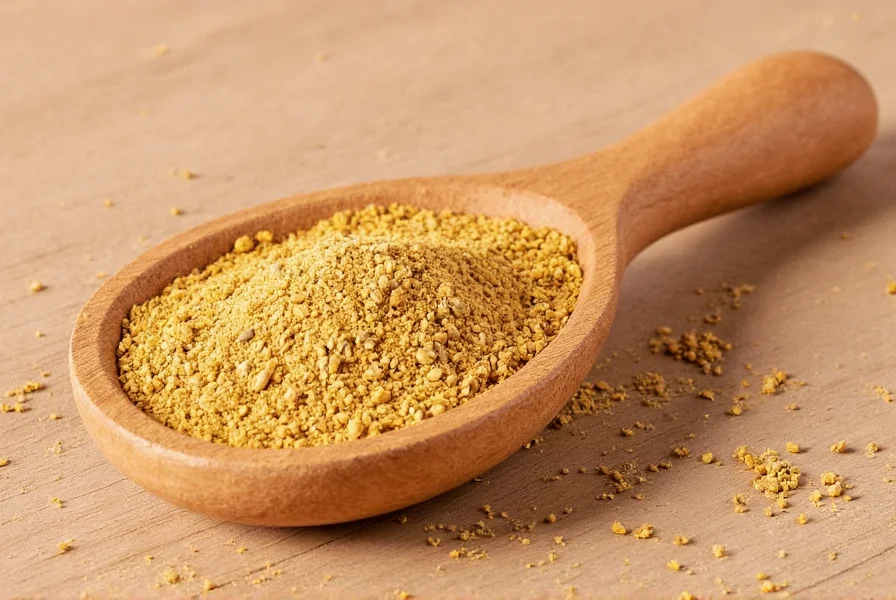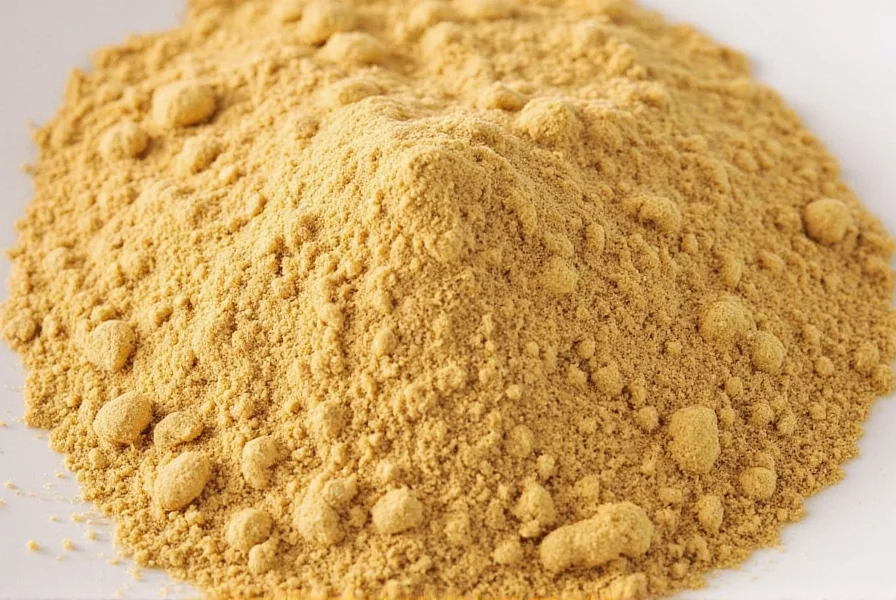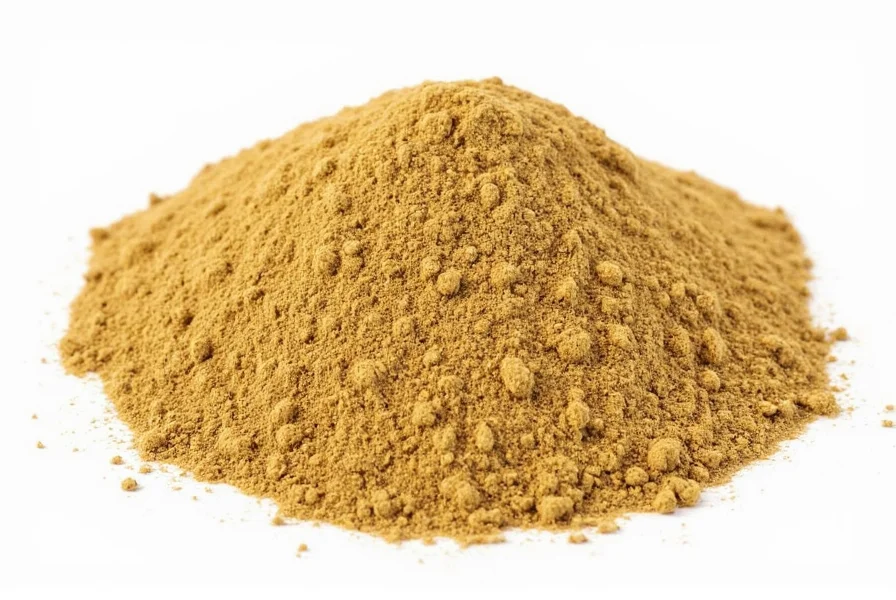Fenugreek seed powder has gained significant attention in both traditional medicine and modern nutritional science for its diverse health applications. This comprehensive guide examines the evidence-based benefits, proper usage, and important considerations for incorporating this ancient remedy into contemporary wellness routines.
What Exactly Is Fenugreek Seed Powder?
Fenugreek (Trigonella foenum-graecum) is an annual plant belonging to the legume family, cultivated for thousands of years across Mediterranean regions, India, and North Africa. The small, amber-colored seeds are dried and finely ground to produce fenugreek seed powder, preserving the nutritional integrity while enhancing bioavailability compared to whole seeds.
The production process significantly impacts quality—properly processed fenugreek seed powder maintains optimal levels of active compounds including saponins, alkaloids, and mucilaginous fibers. Unlike fenugreek leaf powder (often called methi in Indian cuisine), seed powder contains higher concentrations of the bioactive components responsible for its therapeutic effects.

Nutritional Composition and Active Compounds
Fenugreek seed powder's health benefits stem from its impressive nutritional profile and unique phytochemical composition. A single tablespoon (6g) typically contains:
| Nutrient | Amount per Tablespoon | Percentage of Daily Value |
|---|---|---|
| Calories | 25 | 1% |
| Dietary Fiber | 3g | 11% |
| Protein | 2g | 4% |
| Iron | 1.5mg | 8% |
| Magnesium | 20mg | 5% |
The most significant bioactive compounds include:
- Diosgenin - A steroid sapogenin with potential hormonal effects
- 4-Hydroxyisoleucine - An amino acid that may improve insulin function
- Fenugreekine - An alkaloid with potential cholesterol-lowering properties
- Mucilage - Soluble fiber that supports digestive health
Evidence-Based Health Benefits of Fenugreek Seed Powder
Modern research continues to validate many traditional uses of fenugreek seed powder, with particular emphasis on these evidence-supported benefits:
Blood Sugar Regulation
Multiple clinical studies demonstrate fenugreek seed powder's potential for supporting healthy blood glucose levels. Research published in the Journal of Dietary Supplements found that participants taking 5 grams of fenugreek powder daily experienced significant improvements in fasting blood sugar and HbA1c levels compared to placebo. The fiber content slows carbohydrate absorption while 4-hydroxyisoleucine appears to enhance insulin sensitivity—making it particularly relevant for those managing prediabetes or type 2 diabetes.
Lactation Support for Breastfeeding Mothers
Fenugreek seed powder remains one of the most widely used galactagogues (substances that promote milk production). A systematic review in Complementary Therapies in Medicine concluded that fenugreek supplementation typically increases milk production within 24-72 hours of starting supplementation at doses of 1,800-2,400 mg daily. While the exact mechanism isn't fully understood, researchers believe the phytoestrogens in fenugreek may stimulate mammary tissue.
Testosterone and Male Sexual Health
Several studies indicate fenugreek seed powder may support healthy testosterone levels and sexual function in men. Research in Phytotherapy Research showed that men taking 600 mg of fenugreek extract daily experienced significant improvements in libido, energy, and sexual performance after six weeks. The diosgenin content may influence hormone production pathways, though more research is needed to confirm these effects with the powdered form.
Cholesterol Management
The soluble fiber in fenugreek seed powder binds to bile acids in the digestive tract, which the body then eliminates rather than reabsorbing. This process forces the liver to use circulating cholesterol to produce new bile acids, potentially lowering LDL cholesterol levels. A meta-analysis in Nutrition Reviews found fenugreek supplementation reduced total cholesterol by approximately 14 mg/dL and LDL cholesterol by 11 mg/dL on average.
Practical Usage Guidelines for Fenugreek Seed Powder
Understanding how to properly incorporate fenugreek seed powder into your routine maximizes benefits while minimizing potential issues:
Dosage Recommendations
The appropriate fenugreek seed powder dosage depends on your specific health goals:
- General wellness: 500-1,000 mg daily
- Blood sugar support: 1,000-2,000 mg taken before meals
- Lactation support: 1,800-2,400 mg divided throughout the day
- Testosterone support: 500-600 mg taken with breakfast
Most clinical studies use doses between 500 mg and 6,000 mg daily without significant adverse effects, though starting with lower doses and gradually increasing helps assess individual tolerance.
How to Take Fenugreek Seed Powder
Fenugreek seed powder offers versatile consumption methods:
- Mixed with water: Stir 1 teaspoon into warm water and drink before meals
- In smoothies: Add to fruit or vegetable smoothies to mask the slightly bitter taste
- With honey: Mix with raw honey to form a paste for easier consumption
- Culinary applications: Incorporate into curries, breads, or spice blends
For optimal blood sugar benefits, take fenugreek seed powder 15-30 minutes before carbohydrate-containing meals. Those using it for lactation support should space doses throughout the day rather than taking a single large dose.
Potential Side Effects and Important Precautions
While generally safe for most adults, fenugreek seed powder may cause:
- Mild digestive issues (bloating, gas, diarrhea) especially at higher doses
- Maple syrup-like body odor due to sotolone compound
- Lowered blood sugar levels that may interact with diabetes medications
- Rare allergic reactions, particularly in those sensitive to legumes
Individuals should exercise caution with fenugreek seed powder if:
- Taking blood-thinning medications (potential interaction)
- Managing diabetes with medication (risk of hypoglycemia)
- Pregnant (may stimulate uterine contractions)
- Have a peanut or chickpea allergy (cross-reactivity possible)
Consult a healthcare provider before using fenugreek seed powder if you have any medical conditions or take prescription medications. Discontinue use at least two weeks before scheduled surgery due to potential blood sugar and bleeding effects.
Selecting High-Quality Fenugreek Seed Powder
Not all fenugreek seed powders deliver equal benefits. Consider these factors when choosing a product:
- Organic certification: Ensures no pesticide residues
- Third-party testing: Look for products tested for purity and potency
- Color and aroma: High-quality powder has a golden-brown color and distinctive aroma
- Particle size: Finely ground powder ensures better absorption
- Origin: Indian and Mediterranean varieties often have higher active compound concentrations
Store fenugreek seed powder in an airtight container away from light and moisture to preserve potency. Properly stored, it maintains quality for 12-18 months.

Conclusion
Fenugreek seed powder represents a time-tested herbal remedy with growing scientific support for specific health applications. Its most compelling evidence supports blood sugar management and lactation enhancement, while emerging research suggests potential benefits for cholesterol levels and male sexual health. As with any supplement, individual responses vary, and proper dosage combined with medical guidance yields the best results. When sourced from quality producers and used appropriately, fenugreek seed powder can be a valuable addition to a holistic wellness approach.
What is the recommended daily dosage of fenugreek seed powder?
The recommended dosage varies by purpose: 500-1,000 mg for general wellness, 1,000-2,000 mg before meals for blood sugar support, 1,800-2,400 mg divided throughout the day for lactation support, and 500-600 mg with breakfast for testosterone support. Most studies use doses between 500 mg and 6,000 mg daily. Start with lower doses and gradually increase to assess tolerance.
How quickly does fenugreek seed powder work for increasing milk supply?
Most breastfeeding mothers notice increased milk production within 24-72 hours of starting fenugreek seed powder supplementation at the recommended dose of 1,800-2,400 mg daily. Some women may require up to 2 weeks to see noticeable effects. The 'maple syrup' smell in sweat and urine typically appears within hours, indicating the compound is being absorbed.
Can fenugreek seed powder lower blood sugar too much?
Yes, fenugreek seed powder can potentially lower blood sugar to unsafe levels when combined with diabetes medications. Those taking insulin or oral hypoglycemic agents should monitor blood sugar closely and consult their healthcare provider before using fenugreek. Discontinue use at least two weeks before surgery due to blood sugar management concerns.
Is fenugreek seed powder safe to use long-term?
Limited research exists on long-term fenugreek seed powder use beyond 6 months. Most studies show good tolerance for 3-6 month periods. For extended use beyond 6 months, periodic breaks are recommended, and regular consultation with a healthcare provider is advised to monitor for potential side effects or interactions.
How should I store fenugreek seed powder to maintain freshness?
Store fenugreek seed powder in an airtight container away from light, heat, and moisture. A dark glass jar in a cool pantry works best. Properly stored, it maintains potency for 12-18 months. Avoid refrigeration as moisture can cause clumping. Check for any off smells or discoloration before use, which indicate degradation.











 浙公网安备
33010002000092号
浙公网安备
33010002000092号 浙B2-20120091-4
浙B2-20120091-4